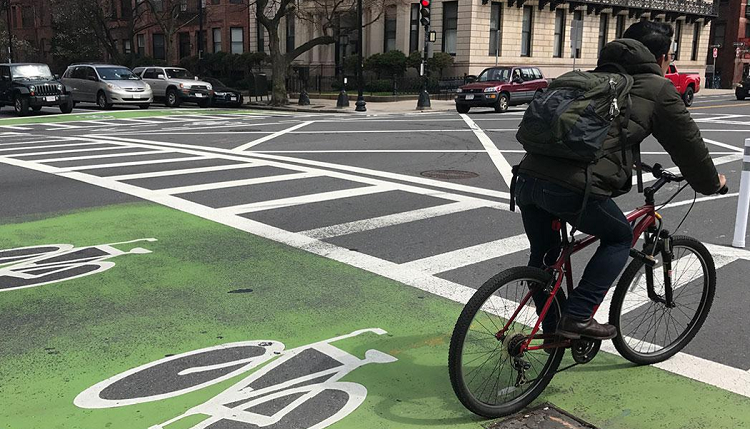By Edgar Almeida, Product Manager, Intelligent Traffic and Parking Solutions, Verizon Smart Communities
As cities work to better manage traffic and flows of people through strained infrastructure, implementing intelligent traffic systems can help create better understanding of current needs and make adjustments.
Data collection technology streamed to transit departments in near real-time and stored in the cloud offers more robust information about intersections, travel time, congestion and other metrics that are important for making decisions about resource allocation.
But how do these intelligent traffic systems actually work?
Some of the technology relies on buried sensors that gather information about the intersection or traffic corridor. The data is transmitted wirelessly via access points and stored in the cloud. Traffic departments then use a data analysis system to make decisions about light timing, flows of vehicles and congestion relief.
These intelligent systems provide a wealth of information and data to help cities make informed choices about resources, traffic patterns and congestion easement. And while these drill deeply into problematic intersections, there are other smart offerings that can help bolster the information available to city planners at a higher level.
In order to create a fuller picture that captures data across large areas of a city as well as from side streets, including bicycle, pedestrian and mass transit usage, cities can also tap into the wealth of information available from cellular networks.
New technology, like Verizon’s newly introduced Traffic Data Services, will allow cities to create cellular fingerprints of roadways and transit systems using the movement patterns of anonymized cellular subscribers that can be leveraged to better understand traffic in near real-time, such as slowdown detection and local speeds.
By gathering data through systems like Traffic Data Services, city managers can export data in XML, text and map overlays to get a more complete view of traffic patterns and mass transit movement as well as better create an alternative means of getting around.
For example, a cluster moving at roughly the same speed at the same time can denote a bus or other mass transit vehicle, while a single, slower signal is likely a bicycle. This view allows for traffic management, transportation management, transportation planning, congestion mitigation, tourism management and emergency management to gain more insight into how people use streets and then to make necessary adjustments.
At this week’s ITS World Congress 2017, where global leaders in intelligent and transformative transportation showcase and evaluate the latest innovative concepts, active prototypes and live systems, Verizon Smart Communities is demonstrating its traffic solutions with its technology partners. On display will be Verizon’s Intelligent Traffic Management Solution and Verizon’s new Traffic Data Service. In addition, Verizon Smart Communities will be at the National Association of City Transportation Officials (NACTO) Designing Cities Conference Oct. 30 – Nov. 2 in Chicago. To learn more about Verizon’s Intelligent Traffic portfolio, visit our website.
Edgar Almeida is the product manager for Verizon’s Intelligent Traffic and Parking solution portfolio and has been at Verizon since Sept. 2016. He came to Verizon from Schneider Electric where he was Director, Strategic Intelligence for the smart buildings and power solutions business unit and prior to he was with Cisco Systems’ Converged Buildings Systems business unit. He has more than 30 years of experience in automation and information technologies with a bachelor’s degree in electronic and eelecommunications, and diplomas in project management and software technology. He is a Certified Measurement and Verification Professional.
At Verizon, our goal is to improve the quality of life for people living in cities around the world and increase the ways and efficiency in which cities operate. It’s not just about smart technology, connectivity or applications; it starts with a focus on the people and their basic wants and needs. We partner with each city to design infrastructure, systems and processes that elevate the way they provide services in new and cost-effective ways.
